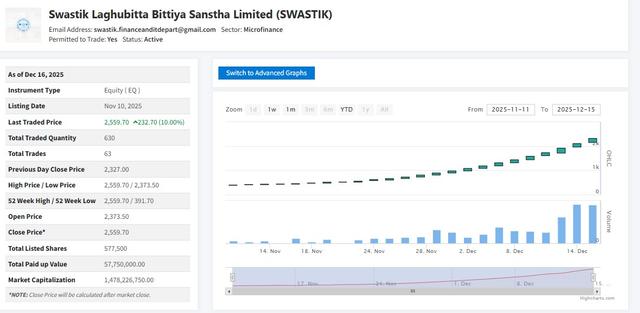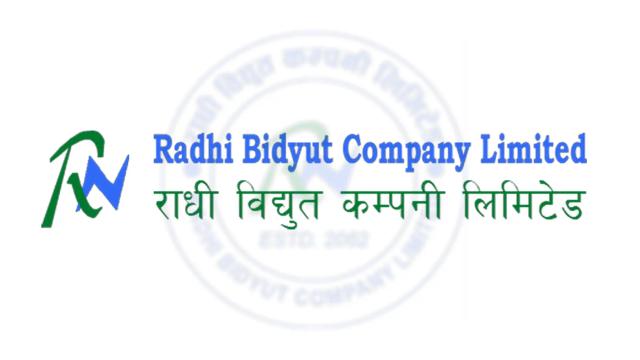New NRB Governor Dr. Bishwo Paudel Vows to Prioritize Removal from FATF Grey List, Boost Capital Market Confidence
Author
NEPSE trading

Newly appointed Governor of Nepal Rastra Bank, Prof. Dr. Bishwo Nath Paudel, has declared that his top priority will be to remove Nepal from the Financial Action Task Force (FATF)’s grey list. Speaking shortly after his appointment was confirmed by the Cabinet, Dr. Paudel emphasized regulatory reforms and capital market revival as key elements of his agenda.
Stronger Supervision, Fewer Rules
Dr. Paudel stressed that the central bank’s supervisory mechanisms will be made more effective, shifting toward a “less regulation, more supervision” approach. “Too many rules create confusion,” he stated. “Some issues have been observed within the banking sector. Those can be addressed through effective supervision. My focus will remain there.”
Capital Market Confidence a Core Responsibility
Emphasizing Nepal Rastra Bank’s role in supporting the stock market, Paudel said boosting investor confidence would be an important part of his tenure. He plans to introduce policies that foster stability, transparency, and a growth-oriented market environment.
Immediate Action on Grey List Status
Calling the country’s placement on the FATF grey list a national concern, Governor Paudel committed to working toward Nepal’s removal from the list as his immediate priority. His international experience and understanding of financial compliance are expected to aid in aligning Nepal with global standards.
Commitment to Dialogue and Evidence-Based Policy
Dr. Paudel acknowledged the concerns raised by the private sector—including industrialists and entrepreneurs—regarding existing NRB regulations. He assured that issues will be addressed through research, open dialogue, and evidence-based policy changes. “I am not a ‘hip-shooter’ who makes hasty decisions,” he said. “This is the economy. Even a small mistake can hurt everyone. I won’t let that happen.”
With Dr. Paudel at the helm, stakeholders expect a more balanced, consultative, and reform-driven central bank. His approach promises regulatory clarity, improved supervision, and renewed momentum for capital market development, while addressing Nepal’s international financial standing.



